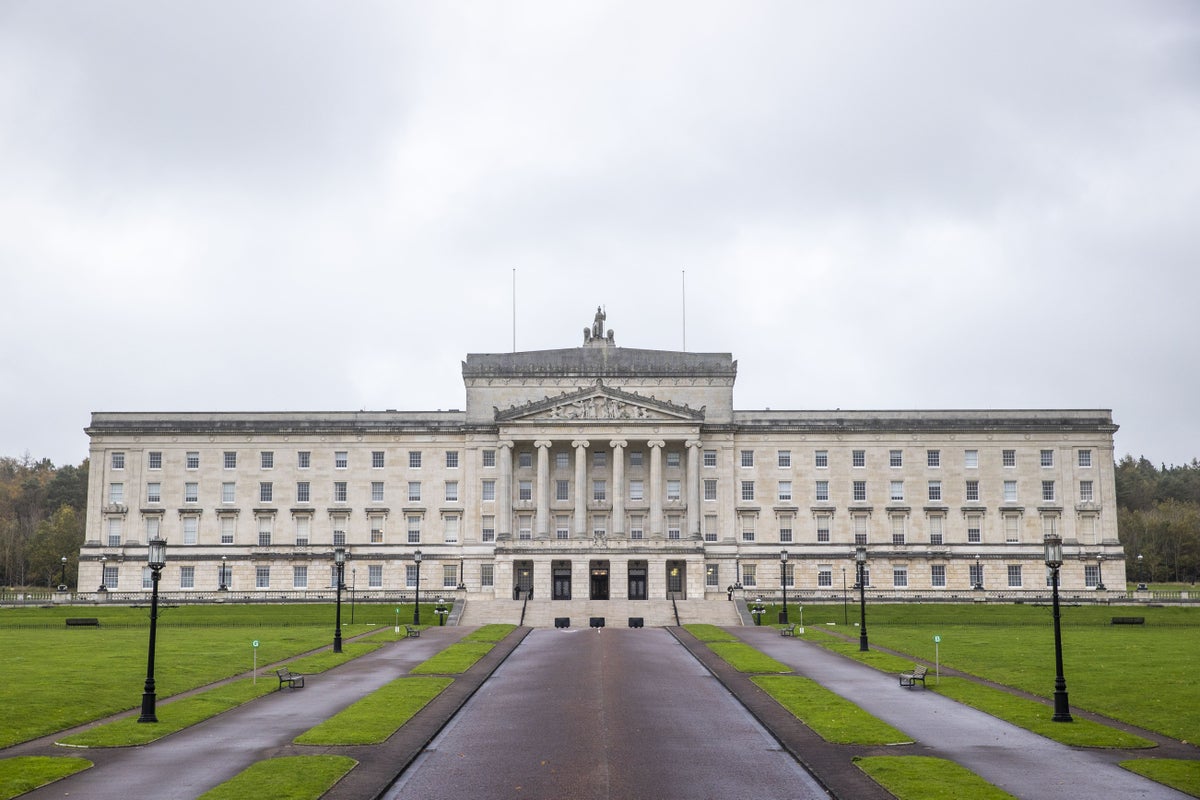
The civil servant running Northern Ireland’s Department for Infrastructure has said they are facing decisions they cannot make in the absence of a Stormont minister to meet their budget allocation.
Officials have been left running government departments while the Stormont Assembly and Executive remain effectively collapsed.
All departments have been tasked with making cuts in order to live within their budget for 2023-24 which is being set by Secretary of State Chris Heaton-Harris.
In a statement the Department for Infrastructure (DfI) said despite taking “significant action” to reduce spending there is a £112 million gap to meet its budget allocation of £523.4 million, a 14% cut compared to last year.
However they say senior officials do not have the authority to make some of the decisions they are considering, such as options around turning off street lights and stopping waste water treatment.
The department runs a wide range of services and take responsibility for the public transport companies including Translink and NI Water.
DfI permanent secretary Julie Harrison said around 95% of their resource budget delivers essential front-line services, a vast majority of which she said are “regulated, statutory, or contractually obliged”.
“This leaves very limited scope to make the kind of cuts to spending that are required.
“That challenge has been exacerbated by decisions that had to be taken last year and which cannot be repeated,” she said.
She said she has made difficult decisions such a stopping the spend on road safety advertising, ending the cycling proficiency scheme in schools and reducing the allocation to the active travel school programme.
Community Transport provision for the longer term is to be reviewed and there will be reductions to their arms length bodies of £53.4m from their originally assessed requirements.
However Ms Harrison said decisions needed for Translink and NI Water are not within the power of senior officials to make.
These include stopping waste-water treatment, reducing essential road maintenance to emergency response only, reducing winter service to snow clearance only, stopping the community transport programme, switching off streetlights options and stopping flood prevention programmes.







